All Stories
-
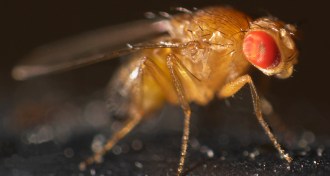 Neuroscience
NeuroscienceShape-shifting molecule aids memory in fruit flies
A prionlike protein may store long-term memories in fruit flies, a new study suggests.
-
 Genetics
GeneticsCancer mutation patterns differ in smokers, nonsmokers
The DNA of smokers shows more damage than the DNA of nonsmokers who have the same kind of cancer.
-
 Climate
ClimateHuman CO2 emissions put Arctic on track to be ice-free by 2050
Sea ice is shrinking by about three square meters for each metric ton of carbon dioxide emitted, new research suggests.
-
 Life
LifeCity dolphins get a boost from better protection and cleaner waters
Bottlenose dolphins near Adelaide, Australia, are slowly growing in number due to better environmental conditions and better protection.
-
 Health & Medicine
Health & Medicine50 years later, vaccines have eliminated some diseases
Vaccines have come a long way in 50 years.
-
 Tech
TechArtificial intelligence needs smart senses to be useful
Editor in chief Eva Emerson discusses the future of artificial intelligence.
By Eva Emerson -
 Astronomy
AstronomyReaders unimpressed by Earth’s newest neighbor
Exoplanet fatigue, runaway fish and more in reader feedback.
-
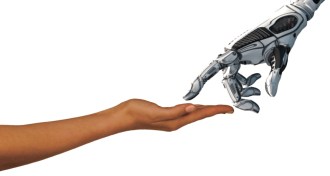 Tech
TechFor robots, artificial intelligence gets physical
Physical intelligence makes robots able to sense of the world around them.
By Meghan Rosen -
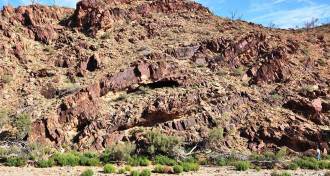 Archaeology
ArchaeologyPeople settled Australia’s rugged interior surprisingly early
Ancient colonists Down Under crossed the continent not long after arriving around 50,000 years ago.
By Bruce Bower -
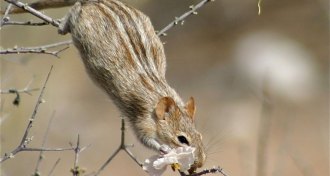 Genetics
GeneticsGene gives mice and chipmunks their pinstripes
A recycled regulator paints on rodents’ light stripes.
-
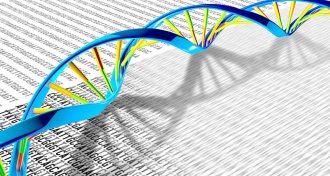 Genetics
GeneticsGenetic variant protects against rash of autoimmune diseases
A natural tweak in the TYK2 protein strikes a balance between weak and overactive immune systems.
-
 Genetics
GeneticsProtective genetic variant may offer a path to future autoimmune therapies
A natural tweak in the TYK2 protein strikes a balance between weak and overactive immune systems.